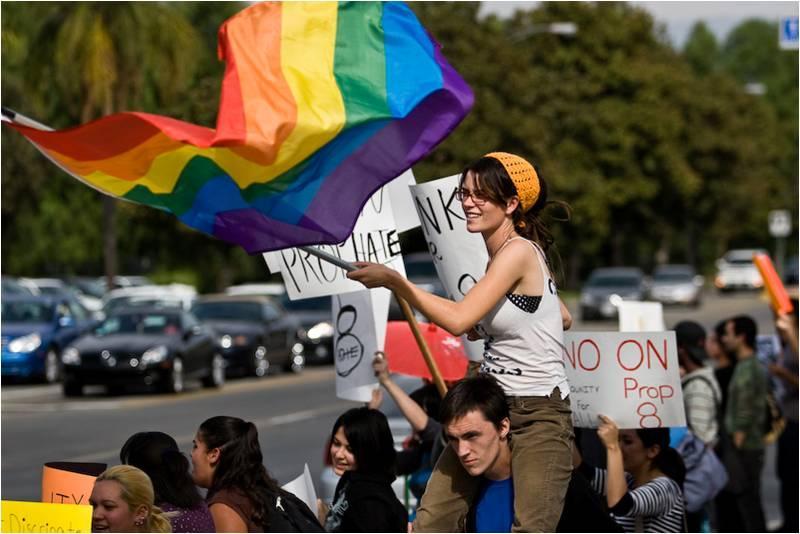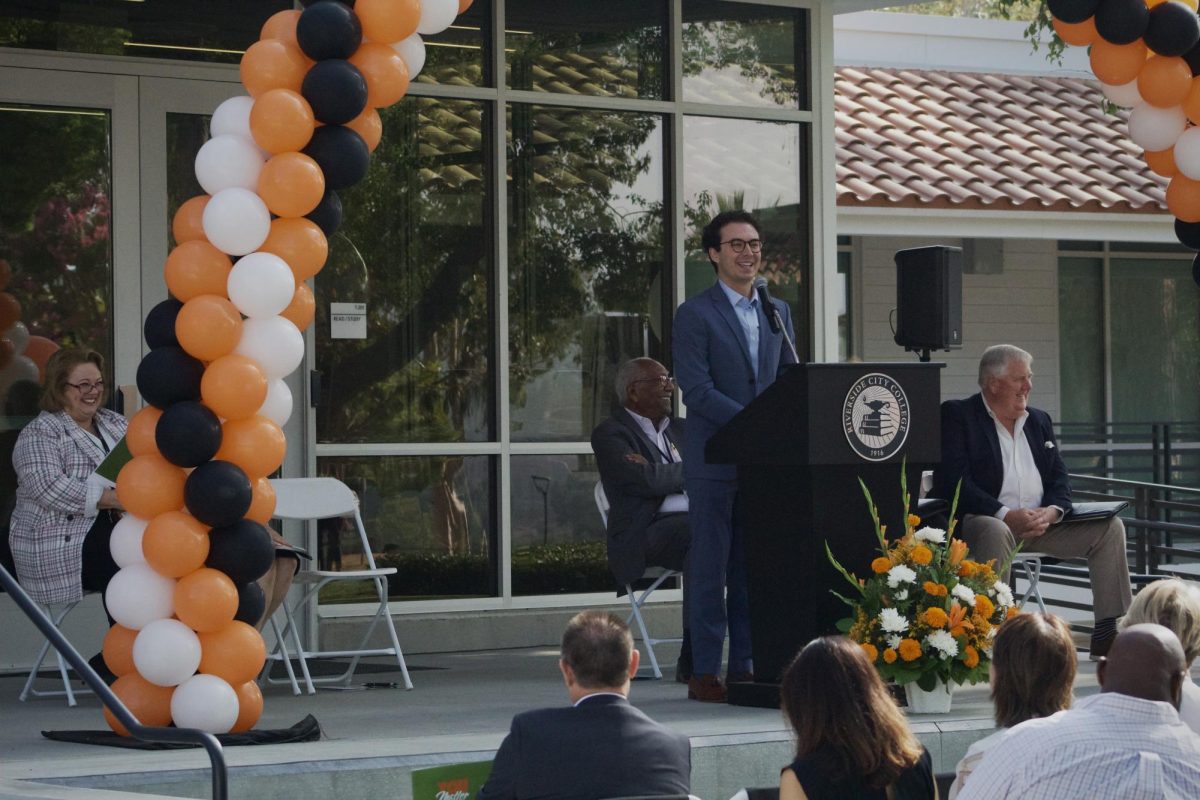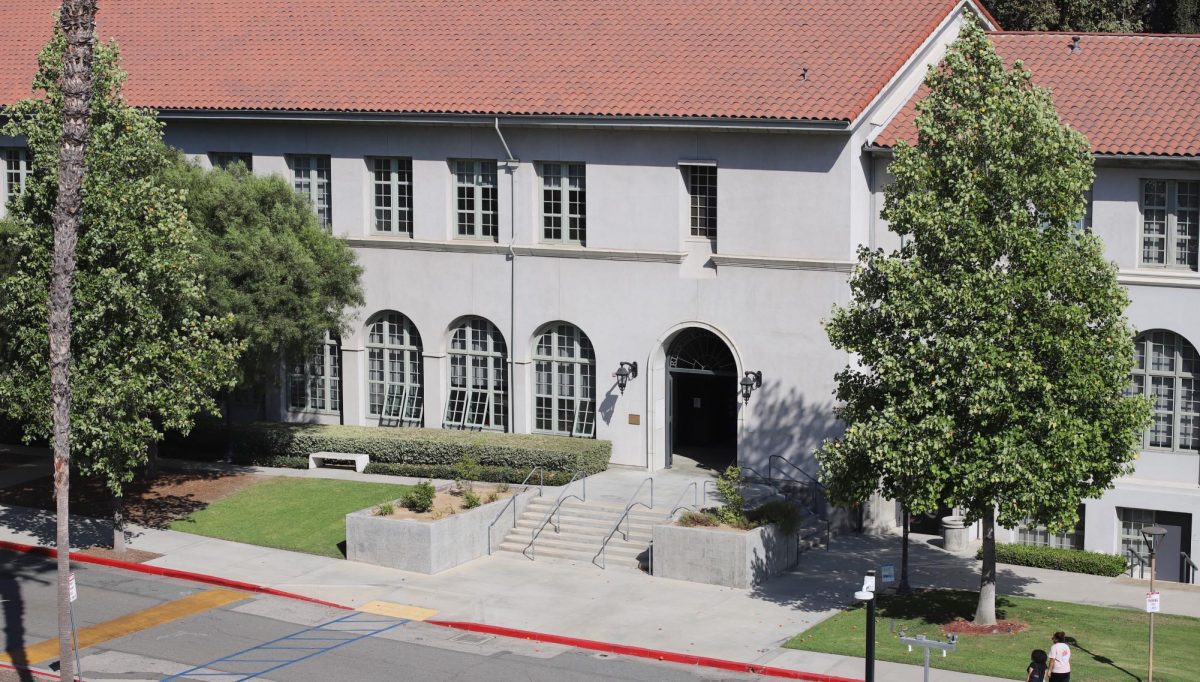By Monique Carrasco

Call to action (KHAI LE / Viewpoints Archives)
By Monique Carrasco
Despite several failed attempts to eradicate it, California’s Proposition 8 has done nothing but sit heavily and uncomfortably in the hearts of all those opposing it, until finally on Feb. 7, the 9th U.S. Circuit Court of Appeals declared the law unconstitutional, and it was overturned.
Supporters of the appeal believe this to be a great victory not only for the gay community, but for all minorities and victims of discrimination. They now intend to appeal directly to the Supreme Court, and rid our state of Prop 8 once and for all.
More conservative critics, however, consider the affair “absurd,” yet not surprising, according to the Catholic News Agency.
Brian Raum, senior counsel for the Religious Liberties group which founded ProtectMarriage.com, deems the event a “Hollywood-orchestrated attack,” but he is confident that America’s desire to preserve the sanctity of marriage (“a timeless, universal, unique union between husband and wife”) will make things right, and continue on to be upheld at the Supreme Court.
Unfortunately, it is likely that Raum’s confidence is not exactly misplaced, being that the proposition was in fact passed by voters once before, and not too long ago at that.
Prop 8 was first passed in 2008 with a 52 percent winning vote, and we can only hope that at least 3 percent of those voters have somehow rapidly revolutionized, and that most of the judges on the Supreme Court panel are included in that 3 percent.
It is also possible that the Supreme Court will opt not to hear the case at all, because it is so narrowly California based.
But if there is one thing that creates a sense of optimism, it is the positive reception of the appeal by the Court of Appeals. It may not have the final say, but it is a federal court nonetheless. A federal court which made a 2-1 decision stating the voters, in approving Proposition 8, “unfairly took away a right from a minority group,” according to the Los Angeles Times.
This alone implies that the court sees marriage as a right rather than a privilege, and the fact that Judge Vaughn Walker called the proposition “unconstitutional,” further confirms the panel’s empathy with the gay and lesbian community.
In addition to this, there are of course the statements released by the court, which probably invoke the greatest sense of hope.
When asked to speak about their decision, members of the panel said, “Proposition 8 served no purpose, and had no effect, other than to lessen the status and human dignity of gays and lesbians in California.”
They even went on to say, “We are excited to see someone ask, ‘Will you marry me?’ whether on bended knee in a restaurant or in text splashed across a stadium jumbotron. Certainly it would not have the same effect to see ‘Will you enter into a registered domestic partnership with me?'”
The court seemed to portray a general understanding of both the weight of their decision, and just how important the right to marry is to these couples, which in itself is an achievement worth celebrating.
One would think that in a state such as California, one which prides itself on being exceptionally modern and open minded, a voter based law such as this would have been passed in the first place, but somehow it was. It’s strange really, that a law as discriminatory as this could be accepted not just in California, but in any state.
However, that is in the past, and the important thing is that California has stepped onto a better, brighter path.
Proposition 8 may not be entirely off our hands, but now we are, at the least, one step closer to peace and equality.






